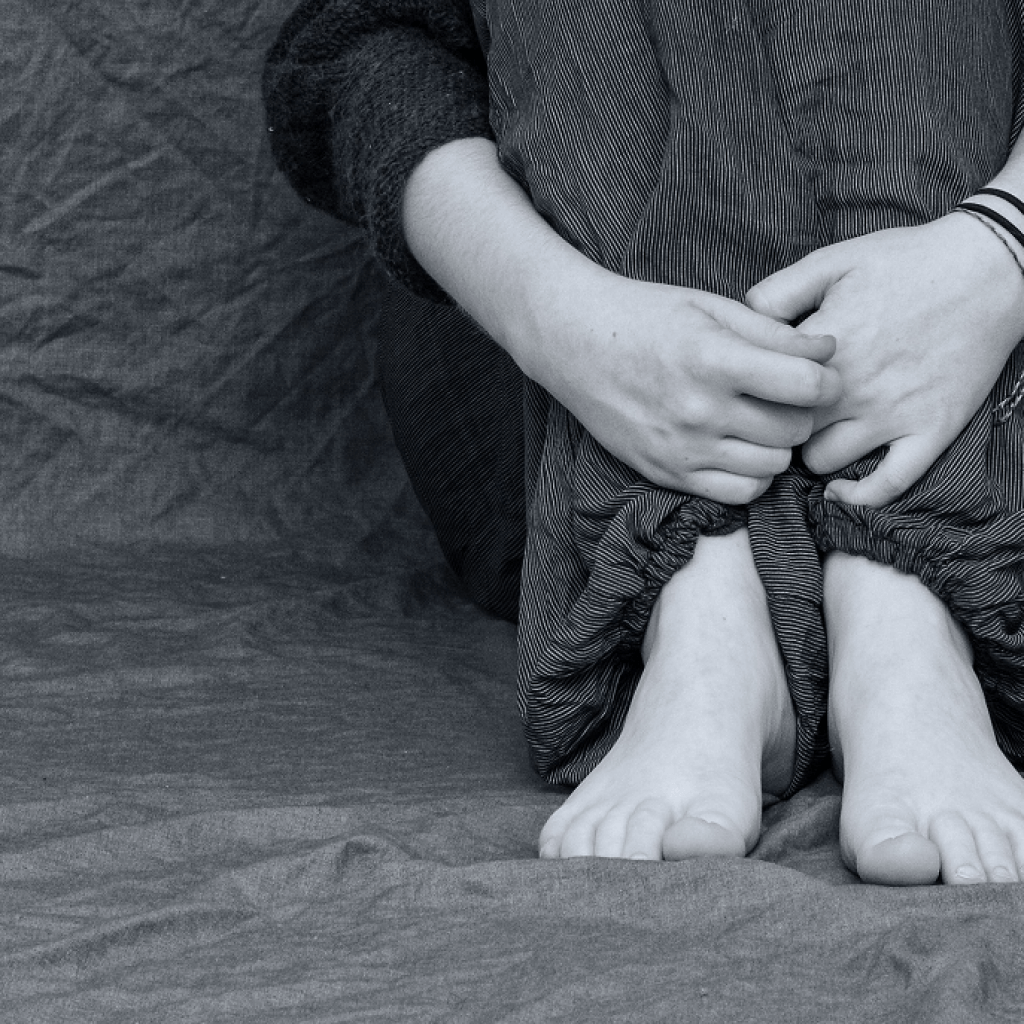The Impacts of Running on Depression and Anxiety

Most experienced runners will attest to the mood-boosting qualities of running. Bad day at the office? Simply lace up and hit the trails. You’re almost guaranteed an improved frame of mind. Endorphins make the world go ’round, right? But while running’s ability to brighten up a dreary day certainly is a wonderful thing, this brings another question to mind. Is running an effective treatment option for more serious mental conditions, like depression and anxiety? Can those suffering from these conditions benefit from the inclusion of regular running in their schedules? Let’s find out.

According to a study published in the Journal of Sports Medicine in March 2000, physical activity can be a valuable way in which to manage mild-to-moderate mental illnesses. And this includes both depression and anxiety. But how exactly does regular running impact on these two mental conditions?
Running and depression
As mentioned above, an increase in aerobic exercise, such as running, significantly reduces the symptoms of depression. (Note that the term “depression” should not be confused with a temporary state of negativity. Temporary negative emotions are a very normal part of life. When these negative feelings become long-standing and start interfering with day-to-day functioning, however, a professional opinion should be sought regarding a possible depression diagnosis.) And although persons suffering from depression generally tend to be less active than non-depressed individuals, running can benefit them in a host of different ways:
- Running triggers the release of endorphins. Also known as the body’s natural anti-depressant, this morphine-like substance inhibits the transmission of pain signals in the body and induces a feeling of euphoria. Enough said.
- It helps improve sleep. While insomnia generally worsens the symptoms of depression, the hormonal and biological forces at work during sleep help us to wake up feeling refreshed. Regular exercise improves the quality of sleep by contributing to the regulation of the transition between the different sleep cycles.
- Running improves confidence. Consistent running provides proof of our own hardiness and determination, which boosts confidence. Developing a positive body image through regular physical activity may also improve a low self-esteem.
- It increases appetite. While a loss of appetite is one of the main symptoms of depression, regular physical activity can give it a healthy boost.
- Running gives you a goal/purpose. Daily goals, achieved through positive activities, such as running, may alleviate the symptoms of depression. Running lends itself perfectly to this: Aim to run for a specific amount of time without stopping, or train for a goal race. Set yourself achievable running goals to give yourself a mental boost!
- It helps you connect with others. Being a part of a supportive local running community can be positive and uplifting. In addition, it can also provide motivation to stay consistent.

Not a stand-alone cure for depression
Encouraging as these findings may be, running cannot be regarded as a single, stand-alone cure for depression. In more severe cases depression sufferers often struggle with motivation to get out of bed in the morning – long-distance running is therefore not an obvious treatment choice.
It is also important to remember that running should not replace professional help for someone suffering from depression. Complementary treatments, such as running, should always be used in conjunction with and with the approval of a professional medical or psychological caregiver.
Running and anxiety/panic disorder
As with depression, the symptoms of anxiety and panic disorder have also been shown to improve after regular exercise. In fact, the benefits of exercise appear to be equal to that of meditation and relaxation techniques for many anxiety sufferers. But how exactly does exercise reduce anxiety? Basically through reducing the secretion of the body’s stress hormones, including adrenaline and cortisol, which causes a reduction in anxiety symptoms. In fact, some sources state that consistent running may be just as effective as some well-known anxiety medications. All without any harmful side-effects!

Additional ways in which running relieves anxiety
Other ways in which running helps relieve anxiety include:
- Relieving anxiety caused by phobia. This is basically achieved through David Longo and Walter Vom Saal’s “respiratory relief technique” that treats individuals with phobias. This technique involves breathing deeply and slowly after an episode of anxiety, the latter which causes restricted breathing. Deep, slow breathing, as achieved through running, increases carbon dioxide in the blood as well as fluid in the spine, thus having a tranquilizing effect and ultimately, reduces anxiety.
- The secretion of endorphins. Running triggers the release of endorphins and monoamines, also referred to as happy hormones, which improves mood and combats anxiety.
- Hindering excitation during stress. Regular running increases a neurotransmitter called gamma-aminobutyric acid (GABA) in animals, which decreases nerve excitement. Consistent running also increases the number of proteins that aids the transportation of GABA into the body.
- Making the brain resistant to stress by promoting neuroplasticity.
- Its ability to improve quality of sleep. Running improves sleep quality through normalizing the sleep-wake cycle by excreting sleep-inducing hormones. A drop in body temperature after a run is also conducive to a good night’s rest.
Can anyone run to relieve anxiety?
Acute anxiety generally responds better to physical activity than chronic anxiety. But, apart from that, the effect of running on anxiety symptoms is independent of age and health. It is, however, once again recommended that the option of running as complementary treatment for anxiety is discussed with your caregiver before embarking on a running program.

The takeaway
While it is clear that running can definitely not be regarded as a quick-fix or magic bullet to do away with the effects of depression or anxiety, its positive contribution to the management of these mental conditions is undeniable. So why not discuss the possibility of including regular running in your own or a loved one’s treatment plan with your caregiver? It might just make a world of difference.
Latest Articles
 Is It OK to Use Trail Running Shoes on the Road?While trail running shoes can be used on roads, especially in situations where a runner encounters mixed terrains or pref...
Is It OK to Use Trail Running Shoes on the Road?While trail running shoes can be used on roads, especially in situations where a runner encounters mixed terrains or pref... Is Running on a Treadmill Easier Than Running Outside?Runners have their own preferences, whether it is treadmill running, running outside on the road, or exploring trails. So...
Is Running on a Treadmill Easier Than Running Outside?Runners have their own preferences, whether it is treadmill running, running outside on the road, or exploring trails. So... How to Fix Sore Quads After Running?Rest, ice, gentle stretching, and over-the-counter pain relievers can help soothe sore quads after running. Also, ensure ...
How to Fix Sore Quads After Running?Rest, ice, gentle stretching, and over-the-counter pain relievers can help soothe sore quads after running. Also, ensure ... 10 Fruits With The Most Electrolytes to Replace Sports DrinksThese fruits are high in electrolytes such as potassium, magnesium, and calcium, essential for hydration, muscle function...
10 Fruits With The Most Electrolytes to Replace Sports DrinksThese fruits are high in electrolytes such as potassium, magnesium, and calcium, essential for hydration, muscle function...

